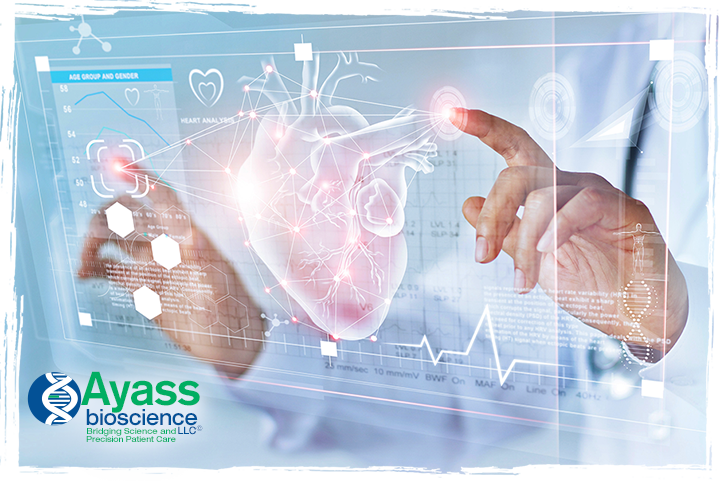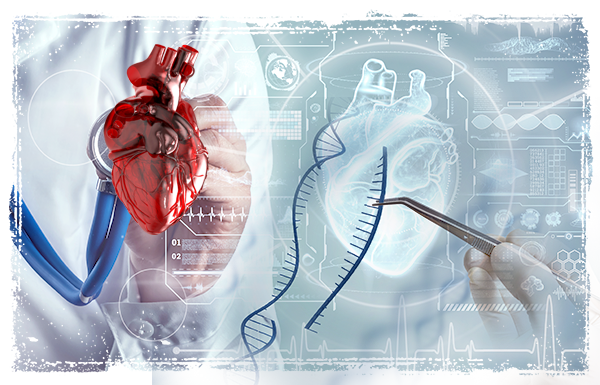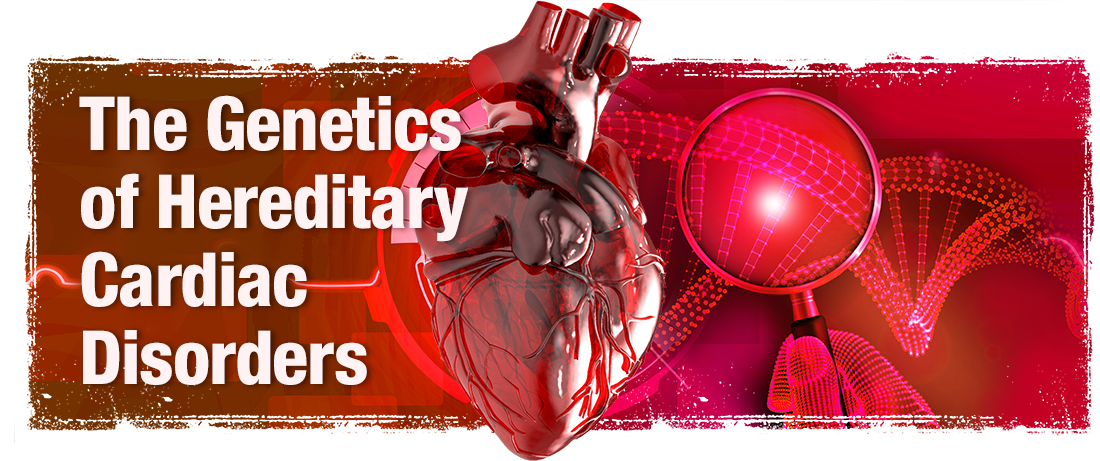A Test You Can Trust

Comprehensive analysis of 174 genes linked to 17 cardiovascular conditions
BE PROACTIVE – Know your genetic predisposition to various types of cardiac conditions (heart diseases) and TAKE ACTION BASED ON YOUR RESULTS
Lifestyle and diet aren’t the only factors of the health of your heart. Genetics play a major role in it. Take action today and get a better understanding of your heart health. Genetic testing identifies changes in your genes that could increase your risk for developing a serious, inherited form of heart disease, even if you are generally healthy and without personal or family history.
We are bridging science to clinical practice by implementing cutting edge technology to evaluate your hereditary cardiac conditions risk. We provide DNA sequencing for targeted panels, allowing us to focus on specific areas of interest at a reduced price and faster delivery time.
Our laboratory’s technology can accommodate samples collected by medical grade foam tipped buccal swab, making it a viable alternative to a trip to the phlebotomist and reducing the impact of blood-drawing on patients’ health.
Our Cardio Sequencing Panel focuses on identifying 17 inherited cardiac conditions
Our panel targets 174 genes with known associations to 17 inherited cardiac conditions including cardiomyopathy, arrhythmia, hypercholesterolemia, hypertriglyceridemia, aortopathy and more. This assay is performed using genomic DNA isolated from blood collected via capillary puncture or a swab.
The test is intended for predictive genetic testing to determine the chances that a healthy individual with or without a family history of cardiac conditions might develop heart disease.
It is also performed as a pre-symptomatic genetic testing in order to determine whether an individual with a family history of cardiac disease, but no current symptoms, has the gene alterations associated with heart disease. It is also intended for post-symptomatic genetic testing to identify the potential underlying cause of an existing cardiac disease.
Why get tested?
ADVANCED KNOWLEDGE
This test might give you the advance knowledge that you might develop heart disease or that you might have a 50% increased risk of suffering a heart attack, which can help you make decisions that will limit the risk.
Mutations in genes can affect the way the heart cells communicate, the strength of the heart muscle, and affect the heart rhythm condition, resulting in fast, chaotic heartbeats. Identifying these genetic factors now plays an important role in the disease prognosis, therapy and, therefore, outcome.
MEDICATION RESPONSE
Up to 40% of people have gene variants that prevent their liver from activating medications, putting them at increased risk for a clot-caused heart attack. Our Pharmacogenetic Testing allows us to assess the likelihood that an individual will have a normal, reduced, or enhanced response to certain medications. This is very important because it dictates how a person responds to a treatment prior to actually receiving the treatment based on their genetics, improving efficacy and reducing adverse effects.
We strongly recommend that you seek genetic counseling to understand the limitations and possible consequences of this test.
All tests are performed in Ayass BioScience, LLC. Ayass BioScience, LLC (DBA Ayass Laboratory, LLC) is a CLIA certified laboratory. If you have any questions about COVID-19 Testing, Genetic Testing, Clinical Testing, Pharmacogenetic Testing or Research at Ayass BioScience, LLC, please call today at 972-668-6005 or fill out our contact form on the bottom of this page. We will answer any question you might have.




